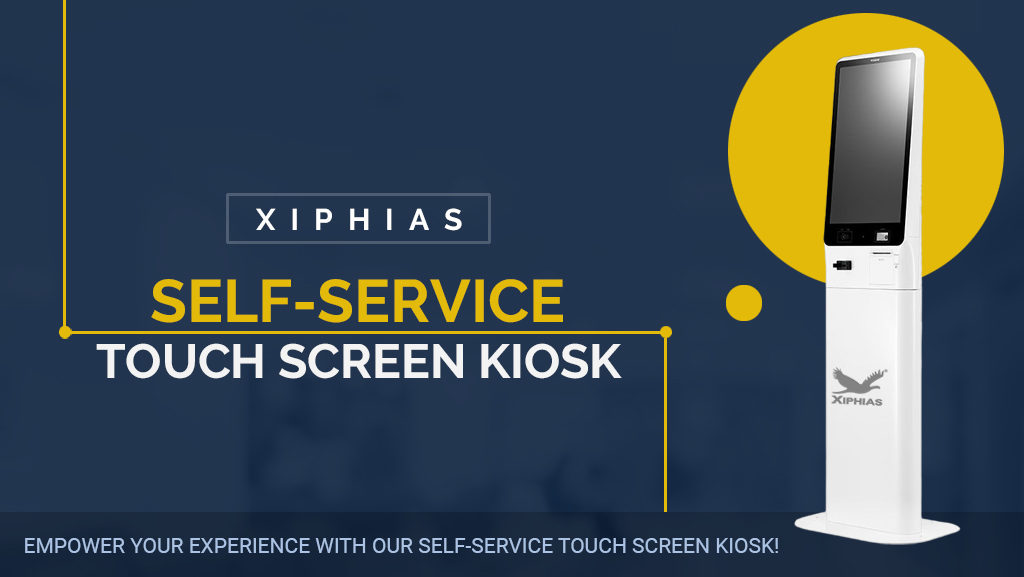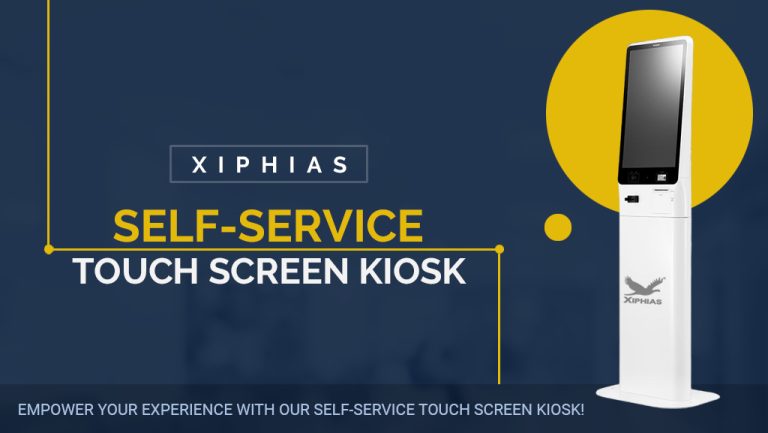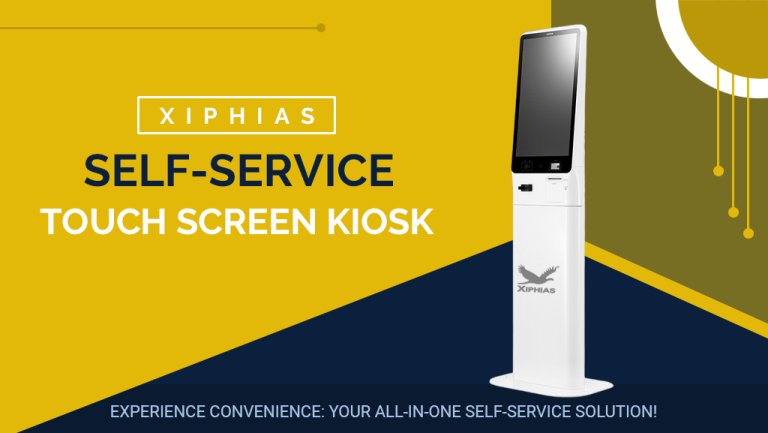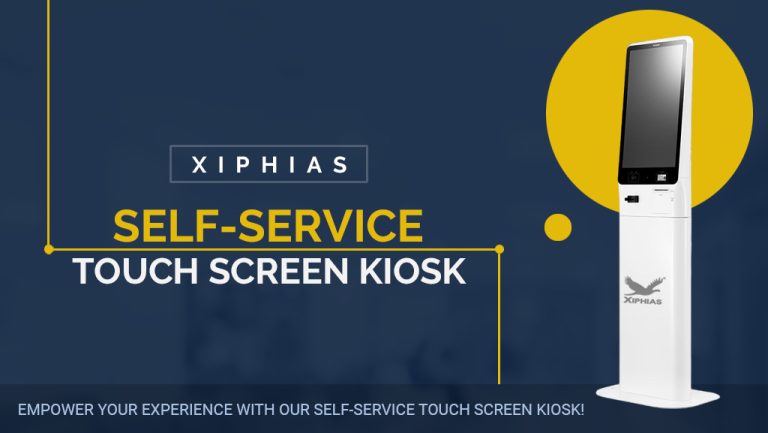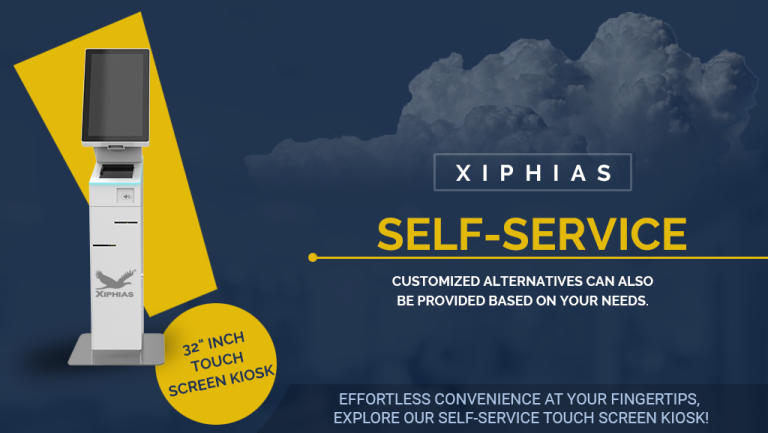Streamlining HR Processes: The Benefits of Self-Service Employee Kiosks
Self-service employee kiosks are transforming HR processes, offering a streamlined and efficient solution for managing various tasks. These kiosks empower employees to perform tasks independently, reducing the burden on HR departments. Here’s a comprehensive look at the benefits of self-service employee kiosks and how they are revolutionizing HR processes.
Enhancing Efficiency in HR Operations
Self-service employee kiosks significantly enhance efficiency in HR operations. Employees can access the kiosks to perform routine tasks such as updating personal information, printing pay stubs, and checking leave balances. This reduces the need for direct HR involvement, allowing HR staff to focus on more strategic tasks. The streamlined processes lead to faster response times and improved overall productivity.
Reducing Administrative Burden
HR departments often deal with a high volume of administrative tasks. Self-service kiosks alleviate this burden by automating routine processes. Employees can use the kiosks to manage tasks like benefits enrollment, time tracking, and attendance reporting. This automation reduces paperwork and administrative workload, freeing up HR personnel to handle more complex issues and strategic planning.
Improving Employee Satisfaction
Self-service kiosks contribute to improved employee satisfaction by providing convenience and accessibility. Employees can access HR services at their convenience, without the need to wait for HR office hours. This immediate access to information and services leads to a more positive employee experience. Satisfied employees are more likely to be engaged and productive, benefiting the organization as a whole.
Ensuring Accurate and Up-to-Date Information
Accuracy of employee data is crucial for effective HR management. Self-service kiosks allow employees to update their own information, ensuring it is current and accurate. This reduces the chances of errors and discrepancies in employee records. Accurate data helps HR make informed decisions and maintain compliance with regulations.
Enhancing Security and Privacy
Self-service kiosks enhance security and privacy for employees. These kiosks are equipped with secure login features, ensuring that only authorized personnel can access sensitive information. Employees can confidently manage their personal data, knowing it is protected. This security fosters trust in the HR system and encourages employees to use the kiosks regularly.
Streamlining Onboarding Processes
The onboarding process can be time-consuming and complex. Self-service kiosks streamline this process by allowing new hires to complete necessary paperwork and training modules independently. New employees can access onboarding materials, fill out forms, and review company policies through the kiosks. This reduces the time and effort required from HR staff, making the onboarding process more efficient.
Facilitating Training and Development
Training and development are essential for employee growth. Self-service kiosks provide a platform for employees to access training materials and enroll in courses. Employees can take control of their own development, selecting training programs that align with their career goals. This self-directed learning approach enhances employee skills and contributes to overall organizational growth.
Improving Communication
Effective communication is vital for a smooth-running organization. Self-service kiosks can serve as communication hubs, providing employees with important updates and announcements. HR can use the kiosks to share company news, policy changes, and event information. This centralized communication method ensures that all employees receive the same information simultaneously, reducing misunderstandings.
Enhancing Compliance and Reporting
Compliance with labor laws and regulations is a critical aspect of HR management. Self-service kiosks help ensure compliance by automating record-keeping and reporting processes. Employees can complete necessary forms and certifications through the kiosks, and the system can generate accurate reports for compliance purposes. This automation reduces the risk of non-compliance and associated penalties.
Reducing Costs
Implementing self-service kiosks can lead to significant cost savings for organizations. By automating routine tasks, companies can reduce the need for extensive HR staff and resources. The reduction in paperwork and administrative overhead translates into direct cost savings. Additionally, improved efficiency and productivity contribute to overall cost reduction.
Increasing Accessibility for Remote and Shift Workers
Remote and shift workers often face challenges accessing HR services. Self-service kiosks provide a solution by offering 24/7 access to HR functions. Employees working outside regular office hours can use the kiosks to manage their HR needs. This increased accessibility ensures that all employees, regardless of their work schedule, have equal access to HR services.
Promoting a Modern Workplace Culture
Adopting self-service kiosks promotes a modern and tech-savvy workplace culture. Employees appreciate the convenience and efficiency of using technology to manage their HR tasks. This positive perception of the workplace can enhance employee morale and attract tech-savvy talent. A modern workplace culture positions the organization as forward-thinking and innovative.
Ensuring Scalability
As organizations grow, their HR needs become more complex. Self-service kiosks offer a scalable solution that can adapt to the growing demands of the organization. The kiosks can be easily updated and expanded to include new functionalities as needed. This scalability ensures that the HR system remains efficient and effective as the organization evolves.
Conclusion
Self-service employee kiosks are a game-changer for HR processes, offering numerous benefits such as enhanced efficiency, reduced administrative burden, and improved employee satisfaction. They ensure accurate information, enhance security, streamline onboarding, facilitate training, improve communication, and ensure compliance. Additionally, these kiosks reduce costs, increase accessibility, promote a modern workplace culture, and ensure scalability. By integrating self-service kiosks into their HR operations, organizations can create a more efficient, effective, and employee-friendly work environment.

